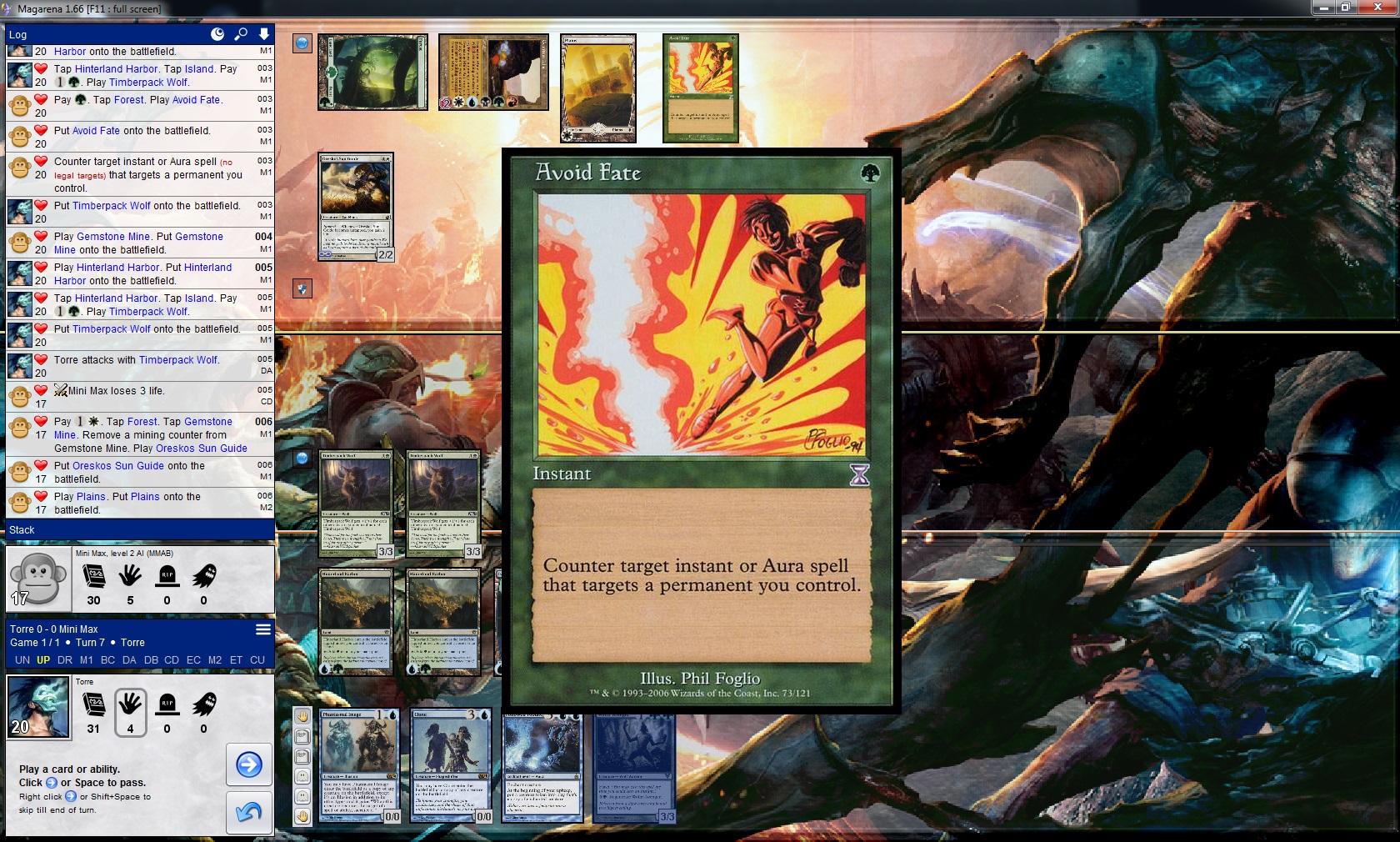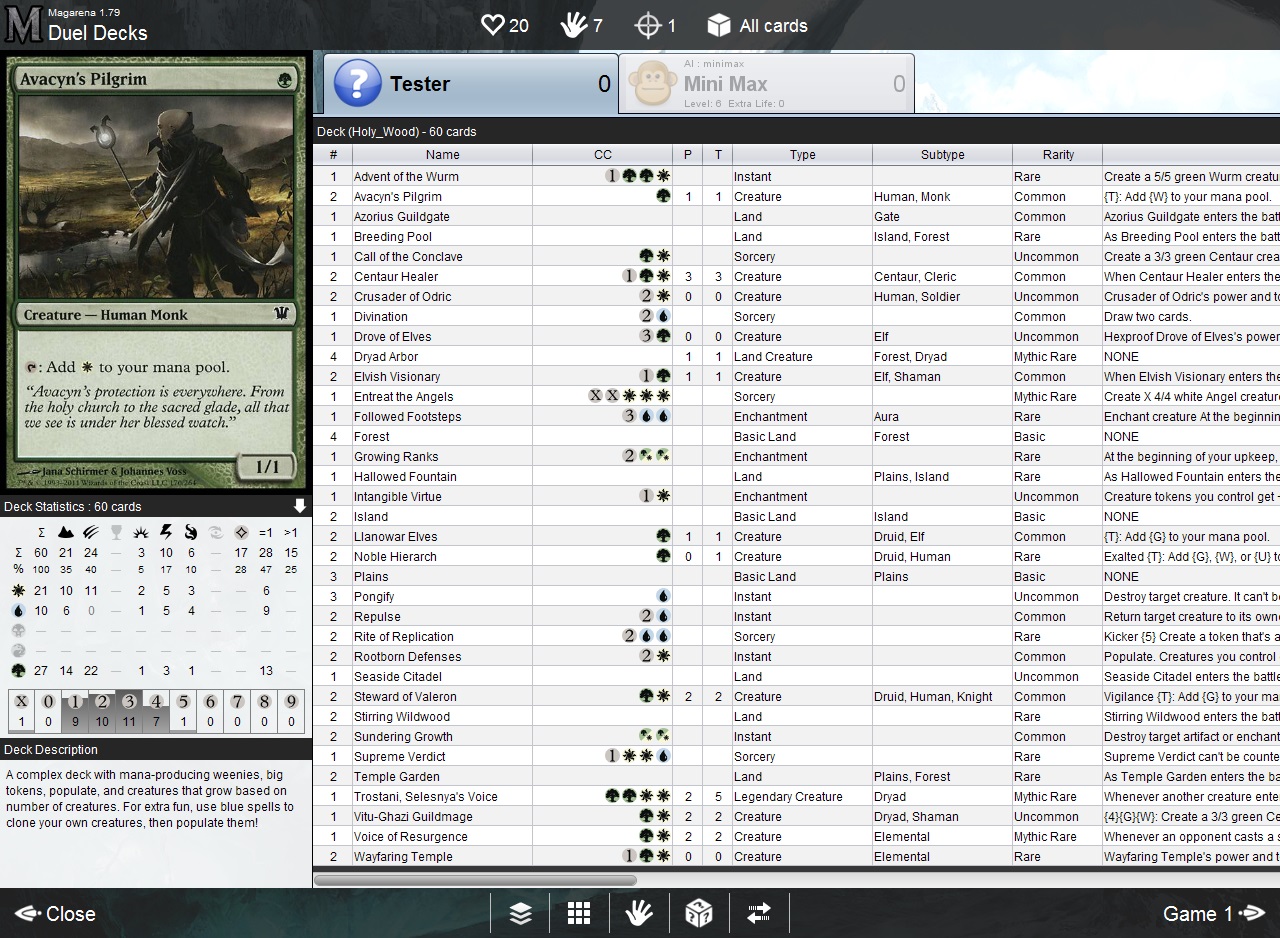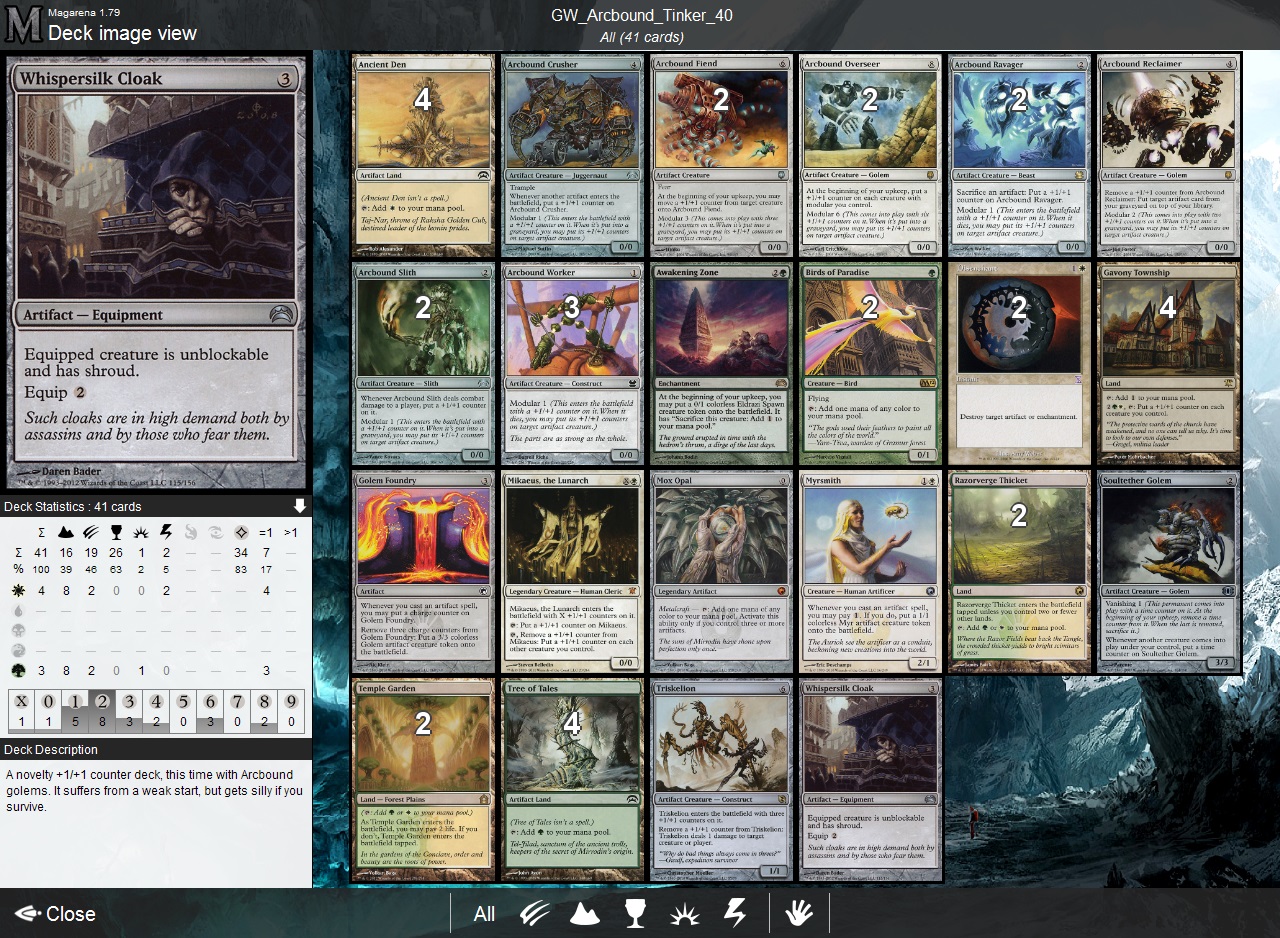I have used Microsoft Visio at my workplace to create flowcharts, departmental flowcharts, swimlane diagrams, and more. I find working in Visio quite good except for a few problems here and there. The major problem is adding 'connection' points to shapes, font size, and general selecting and moving shapes (especially for swimlane diagrams).
But, you cannot go much wrong while using Visio, it is a solid diagramming tool. So, I was just wondering what are the available options on the Linux platform. I am a fan of the Linux platform and the Free and Open Source community. So I searched for options.
The choices were: The Draw.io online tool, LibreOffice Draw, Dia, yEd Graph Editor, Calligra Flow, and some more. I tried Draw.io, LibreOffice Draw, Dia, and yEd Graph Editor.
Dia's last download version is from the year 2011 and IMHO, this software has reached an end of usage time-period. We could still may be use Dia to create very small, super basic diagrams. Because any further complexity will require too much manual work.
Draw.io worked fabulously. There was support for creating all the types of diagrams that I wanted to make. Many would be satisfied with this tool, but for me the online nature of the tool is something of a problem. The main issue that I find hard to manage is that what happens to my diagrams that I make using this tool. Should I assume that selecting to only save offline does not save online into their server(s). What happens to the diagrams that are saved into their server(s). Is there some privacy.
Although Draw.io fulfilled all diagramming needs, the online only way of working is a problem for me.
Next, I tried LibreOffice Draw. This software was quite good in creating normal flowcharts, but does not have built in support for swimlane diagrams, the most common diagrams that I have to make. For other needs, I found LibreOffice Draw to be on par or quite comfortable to use.
The last tool that I tried was yEd Graph Editor. This tool is a Freeware and not Open Source, but this is the closest to having nearly all functionality (like Draw.io) in an offline diagramming tool. There are a few things that are of trouble, mostly the connectors not automatically changing shape/directions (especially when the connector is not just a straight line), and not much department graphics. Apart from the drawbacks, this tool has major plus points. Firstly, this tool is Offline and free for commercial usage (at least the version that I tried).
In conclusion, if you have no problems using online diagramming tool, then Draw.io is the best alternative to Visio. If you prefer offline usage, then try yEd Graph Editor. You will not be disappointed with these two.








